
Jaded Society: Trusting the Gatekeepers; Doubting the Unconnected
Written by Teodrose Fikre, June 16, 2017
Ever had a conversation with someone and the minute they recount a specific incident or issue that confounds them, all the sudden you feel vindicated and no longer feel alone? This is precisely what happened two days ago as a discussion I was having with Berhan Tsehai (link) led to the topic of community and reinvestment, Berhan told me of the frustration he felt as a young up and coming writer and editor of a website he used to manage called TsehaiNY.com as he tried to enhance the publication’s reach within the Ethiopian community. He shared with me the phrase that he would hear repeatedly when he tried to network with established “habeshas”; “who are you with” was a question he was asked over and over again as a community hobbled by deep-seeded mistrust and suspicion was loath to trust anyone who was not already well known.
What you are going to read next, though I am conveying an experience that is related to the Ethiopian community, is actually universal and applies to countless communities in America and beyond. As you read my experiences and the experiences of Berhan, you might find yourself nodding your head in a belated agreement and understanding the trails many go through when they set out to help their communities irrespective of nationality or heritage. Not too long ago, I used to take umbrage at the Ethiopian community for not believing in this notion called “hebret“–a spirit of communal success through collective effort. I spent nearly a decade spinning my wheels trying to do my part to get Ethiopians to support each other’s entrepreneurial and philanthropic endeavors. A decade later, my labors bore little fruit as I was unable to overcome the wall of cynicism and distrust that is leveled at those who want to make a difference. I am not the first, nor the last, who bit the apple of hebret and end up being poisoned by indifference.
When Berhan recounted his story of communal resistance to his efforts, it was a cathartic moment of sorts even though it was concurrently disheartening. But then Berhan shed light on the societal apprehension that makes too many people disregard those who want to inject new blood into the community while they hold tight to the usual suspects of pundits and politicians who make a living by taking from the very community they pretend to be speaking for. Behan echoed what others have told me in the past; our community has been radically traumatized by the Derg government and the subsequent junta that is currently ruling Ethiopia with an iron fist. The Red Terror induced by the communists who toppled Haile Selassie in 1974 led to the death of hundreds of thousands of Ethiopians. The EPRP, a political opposition group, initiated another terror campaign by targeting Derg supporters and killing between 20,000 to 30,000 Ethiopians in what is now known as the White Terror.
My parents raised their children in an environment where mass intimidation and systematic repression was an accepted fact of life. My generation grew up in the paradigm where neighbors were not to be trusted and in a zeitgeist where paranoia was a survival tactic in order to avoid being “disappeared” into the night. A nation that survived and thrived for 3,000 years was thus set asunder by a tyrant who ruled with brute force and sustained power by setting brothers and sisters against one another. The TPLF movement swept in power promising change only to end up reverting to the same tactics of the Derg government as Meles Zenawi became Mengistu Hailemariam by another name. Ethiopia is bracketed by tyrants on one end and malignant political opposition on the other; all want power for the sake of power, few are willing to serve the people. The new Ethiopian tyrant Prime Minister Desalegn Hailemariam would make Mengistu Hailemariam proud. Meet the new despot; same as the old despot.
Three Ethiopian generations were set adrift into a sea of suspicion that eventually morphed into an ocean of selfish thinking. Those who could from my parent’s generation fled Ethiopia and most came to America to start a new life in order to give their children a life of opportunity. My generation of Ethiopians grew up in America and away from Ethiopia; countless many went to college and pursued higher education in order to attain the American dream. But a sense of what made us Ethiopian, the honor of heritage and the respect for culture, was lost for many in the process as the rush to assimilate crushed the “Ethiopiawit” within us. The generation that came after us is more American than Ethiopian; while many thirst to maintain their identity as Ethiopian, they have thoroughly become accustomed to the American way of rank individuality above community.
What has been lost in all of this is the very sense of togetherness that has been the source of our nation’s strength. In all honesty, we are a society that is suffering from shock trauma. As more and more find wealth and success, more and more are succumbing to depression, anxiety and reverting to extreme measures of self-medication in order to alleviate interminable mental suffering. Some turn to suicide unable to cope with a loss of identity and a loss of self that is the pernicious side affect of adapting to a new norm away from what our forefathers imbued in our souls. The struggle between the heart of culture that tugs at us and the mind of self-pursuit that beacons us like sirens is leading to cognitive dissonance and strife.
Samrawit Bekele Genet (link) said it best when I asked her how she viewed the health and well-being of the Ethiopian community going forward. As we were discussing the essence of community and how we could best build up each other as we build up others. Samrawit stated:
The African proverb said it best, “if you want to go fast, go alone. If you want to get far, go together”; if we truly understood how connected we all are, we would know that to get, we give. To receive help, we offer help to others. The questions are complicated but the answer is simple–love they neighbor as thyself!!!
One Ethiopian social worker and community organizer after another keeps telling me that the rate of depression in the Ethiopian community is reaching epidemic levels. But a society that treats mental disease as taboo and reserves the most acerbic judgement for those who are labeled as “ibd” (crazy) makes it even harder for people to turn to their community for help. What I am writing about is not just about the frustration felt by Ethiopian business owners who find it hard to get support from the community or the irritation harbored by community organizers who are greeted with “what’s in it for you” when they try to help their fellow Ethiopians. We are a community that is in deep distress and in need of an intervention and a deep reflection of how to heal and forward as a nation and as individuals.
I don’t write about these things from a point of theory or piety, I myself have gone through depression in ways that made me question the meaning of life. I wrote about the travails I went through as I detailed my journey and my struggles to find serenity in the midst of deep ennui in an article titled “Depression Fikre”. I conveyed my hardships in a hope to help others who might be going through the same struggles and to reach people who might go through depression in the future. I bore my soul to recount my adversities thinking I was making a contribution to my community. For my troubles I got vilified over the years as one person after the other used the words I wrote in the article to nail me with pejoratives and malicious insinuations of my character.
For too long, I held on to these remembrances and let the bitterness of others imbue yet more distress in my soul. But now I realize, after an education through fire, that Ethiopians are struggling like the rest and brokenness is gnashing at the spirits of billions throughout the world. I used to tell Ethiopian political activists all the time a few years ago to stop speaking into echo chambers and instead reach out to non-Ethiopians. “Make the pains of Ethiopians the pains of the world and our hopes the hope of the world” was my admonishment. I see now that the pains and hopes felt by Ethiopians are the same pains and hopes of every man and woman in this world.
A two year exodus of sorts away from the home I once knew and travels that took me to many states in the past two years have shown me that what is felt by Ethiopians is a pain that is felt by all. We are loath to trust one another because trust means taking a risk on getting hurt again. This is why we hang on to gate keepers and the rich and famous while we disregard those who travel the same journeys as us. It’s like we trust professional burglars because they are famous while questioning the motives of someone who looks just like us. Top down management only manages to step on all of us; we are better of trusting those who live among us and building our community from the ground up.
I hope more and more of us start to reflect on the issue of community and stop depending on the rich, the government, and those who are gate keepers to build us up. Those who have power are only concerned about maintaining power even as they manipulate our emotions to make us feel like they care about us. Change only arrives when we empower ourselves and when we are able to have honest dialogues and conversations with each other without fear of judgement and condemnation. The only way to heal is to talk about the past with a forgiving spirit and then move forward by empowering people who are not connected to the very injustices that handicap all of us. #JadedSociety
“It is only when we forget all our learning that we begin to know.” ~ Henry David Thoreau
If you appreciate this write up and the message behind it, share this article on social media using #JadedSociety
Check out the Ghion Cast below where I discuss the trauma that was induced on Ethiopians by imperialist impositions and internal enemies that rob from the masses. This same playbook is being used in America and beyond, pay attention and you will realize the blueprint that is being used in Ethiopia is being used globally.
The only way to overcome injustice is through UNITY the same way our ancestors conquered colonizers in Adwa.
Check out the Ghion Cast below where I discuss the very essence of those who have it in their hearts to say “Send Me” when a voice moves us to make a difference in our world and how we can trust the voice of love within us.
Teodrose Fikre
Teodrose was born in Ethiopia the same year Emperor Haile Selassie was deposed by the communist Derg junta. The great grandson five generations removed of Atse (emperor) Tewodros Kassa II, the greatest king of Ethiopia, Teodrose is clearly influenced by the history and his connection to Ethiopia. Through his experiences growing up as first generation refugee in America, Teodrose writes poignantly about the universal experiences of joys, pains and a hope for a better tomorrow that binds all of humanity.
Teodrose has written extensively about the intersection of politics, economic policies, identity, and history. He is the author of "Serendipity's Trace" and newly released "Soul to Soil", two works that inspect the ways we are dissected as a people and shows how we can overcome injustice through the inclusive vision of togetherness.
Latest posts by Teodrose Fikre (see all)
- Incorporated Job Killers: First They Came for Laborers - September 4, 2017
- NGO Hustlers and Their Treacherous Charity - September 2, 2017
- Divest from Wall Street, Reinvest In US - September 1, 2017

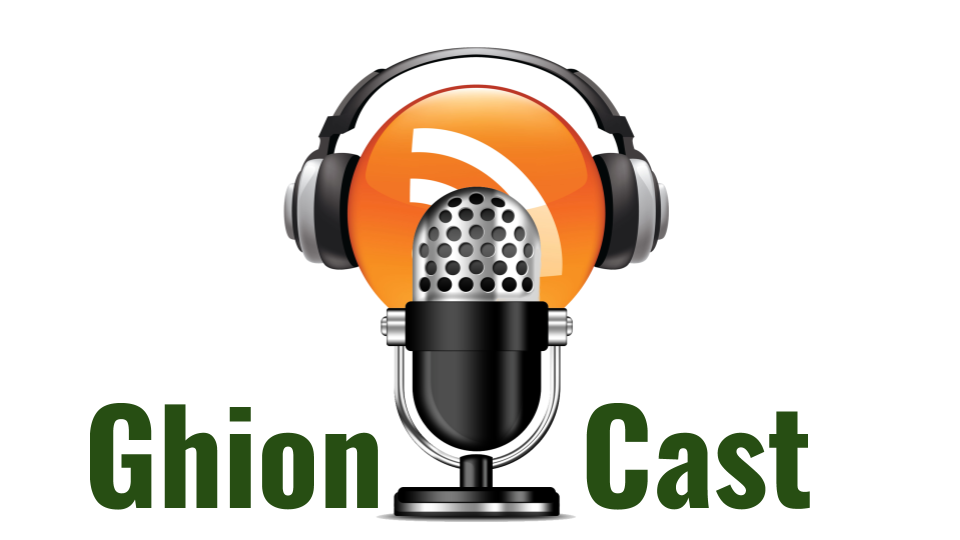



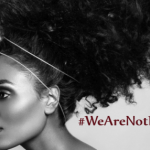
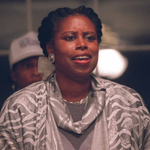
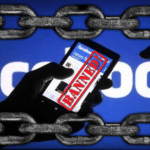





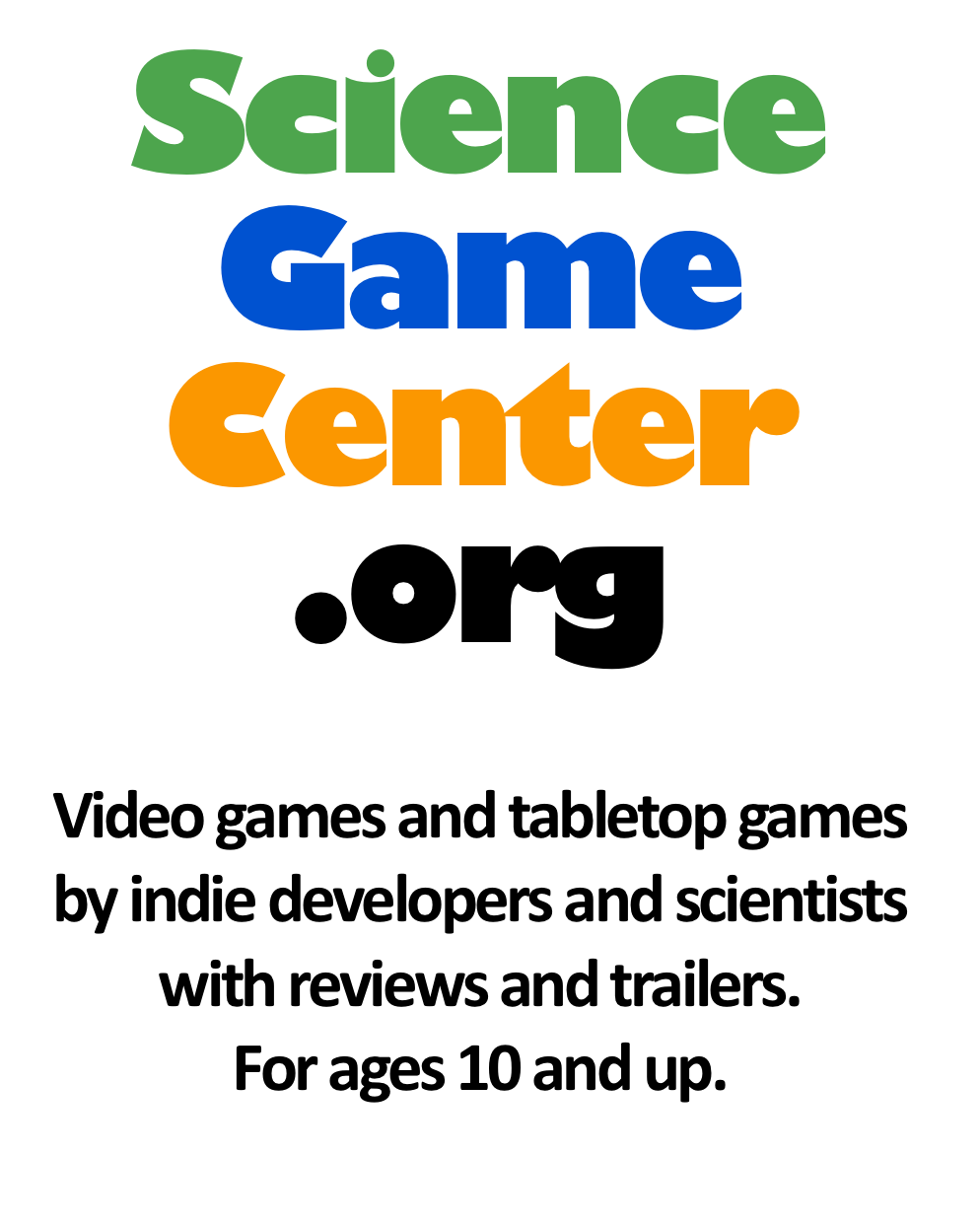

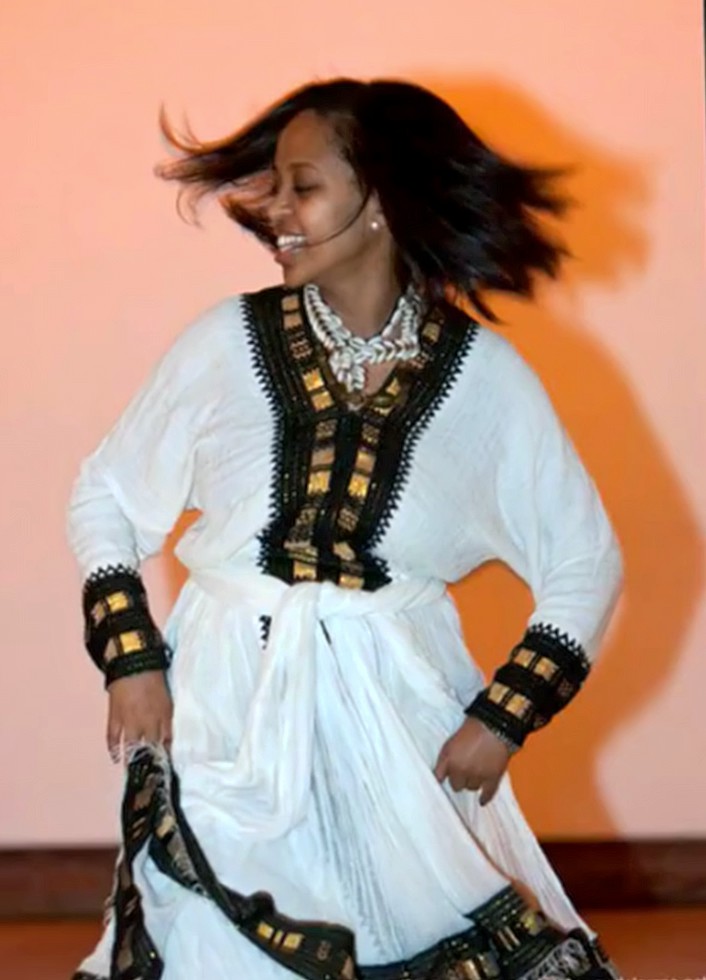





Leave a Reply
1 Comment on "Jaded Society: Trusting the Gatekeepers; Doubting the Unconnected"